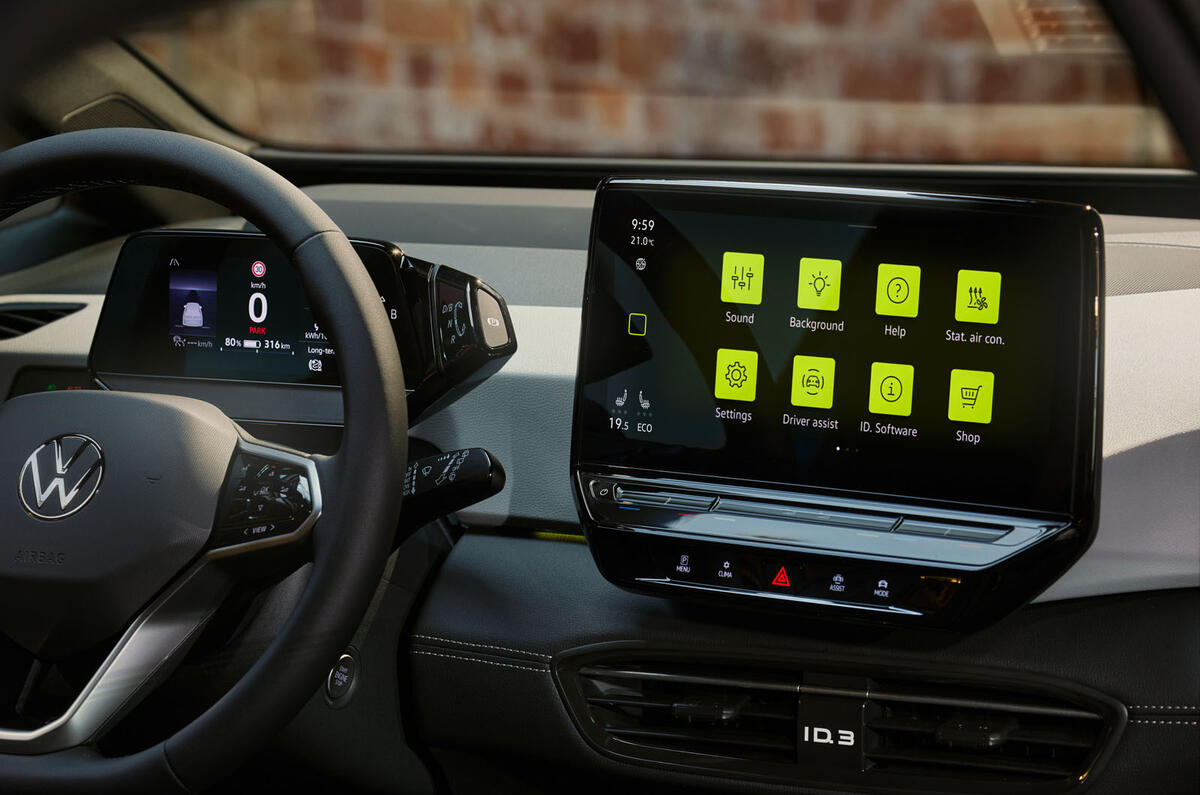In May, Volkswagen Group CEO Oliver Blume made good on part of the 10-point plan established when he took office last September.
Internal software development company Cariad SE came in for yet another round of reorganisation. Cariad CEO Dirk Hilgenberg, CTO Lynn Longo and CFO Thomas Sedran have all been removed from their posts, pending reassignment within the group. All three positions are to be filled by Bentley Member of the Board for Manufacturing Peter Bosch.




Add your comment